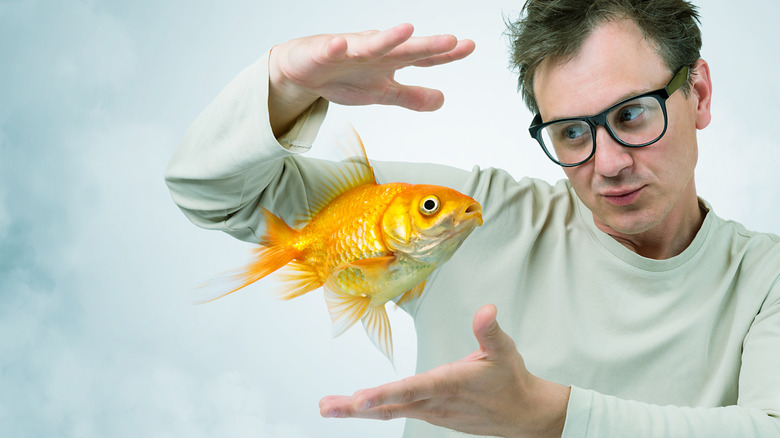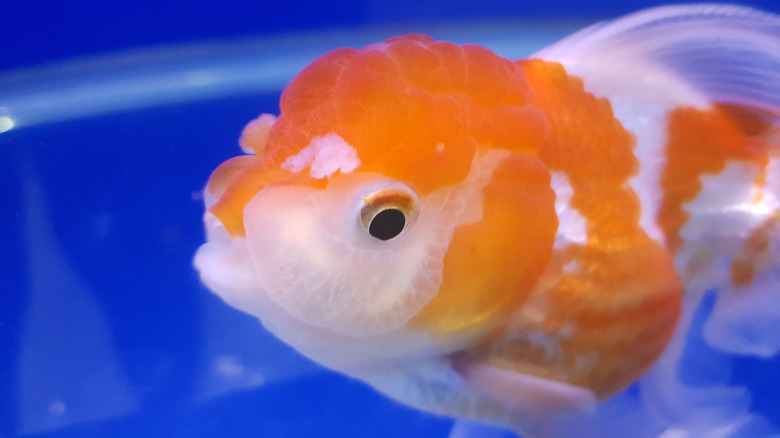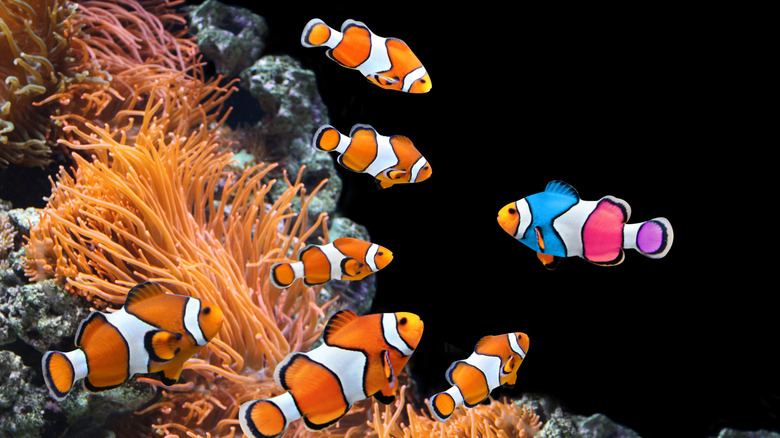
If you’ve ever forgotten something soon after learning it, you might have been told you have the “memory of a goldfish” — most likely not meant as a compliment. This idiomatic insult relies on the widespread belief that goldfish have short memories. However, unknown to many, this belief is entirely incorrect.
In fact, the myth of forgetful fish exists worldwide in various forms. Dr. Culum Brown, often referred to as the “champion of fish intelligence,” told Live Science that this belief appears “wherever you go in the world.” While the type of fish and the memory duration may vary by culture, the fundamental misconception remains the same. Fish generally have a reputation for forgetfulness and low intelligence.
Many animals are smarter than we often give them credit for, and it’s time to consider adding fish to that list. Goldfish memories last much longer than three seconds; in fact, they are quite strong. Dr. Brown has noted that goldfish are often preferred as test subjects for animal cognition studies due to their above-average intelligence and memory skills (you can try a goldfish experiment, too). Such studies have shown that goldfish can retain memories for hours, days, and even weeks, with some evidence suggesting they can store certain information for years. The methods and disciplines used to record these observations vary, yet all indicate that fish are quite capable of remembering.
From short-term to long-term: The excellent memory of goldfish

Goldfish possess both short-term and long-term memory. Essentially, short-term memories help with immediate tasks, like tracking a scent trail of food. Long-term memories help recall past experiences, such as a bad encounter with a net. Goldfish might not remember specifics perfectly, but their memories retain information useful for survival.
Studies indicate that goldfish excel in both types of memory. For instance, a team at Oxford, publishing in Proceedings of the Royal Society B, demonstrated goldfish’s ability to remember distances over short periods. The team allowed the fish to swim a certain distance before signaling it at a distance marker. If the fish returned to the start, it received a treat. Even when cues stopped, the fish still swam to the markers and back, expecting a reward. Apparently, goldfish can remember specific distances or landmarks, especially when a tasty reward is involved.
Goldfish’s long-term memory skills aren’t as developed as humans’, but they are undeniably present. Many have noticed how pet goldfish remember feeding times and where food was dispensed the previous day. But that’s just the beginning.
In experiments where goldfish were trained to push paddles to release food, they showed a preference for the food-dispensing paddles days after the tests ended. In other instances, goldfish retained mental maps of mazes for several months. There’s even evidence suggesting goldfish can recognize other individuals after long separations—though their ability to remember names hasn’t been tested.
Goldfish aren’t the only fish with good memories

Goldfish aren’t unique in the fish world. Many experts claim we’ve underestimated the intelligence and memory skills of fish in general, which includes a strong ability to learn and remember. According to Dr. Brown, over the past 60 years, substantial evidence has emerged to support this claim.
For example, a research team from Canada, with results published in Frontiers in Behavioral Neuroscience, gave food rewards to African cichlids from a specific spot in the aquarium. They moved the fish to a different tank for 12 days. Upon reintroduction to the original tank, the cichlids swam to where the food was dispensed earlier.
A 2016 study demonstrated fishes’ short-term memory strength. Researchers at the University of Padova in Italy tested the common guppy through maze trials. With each trial, individuals completed the maze quicker and with fewer mistakes. The findings suggest their small brains could remember paths and learn via trial and error.
Another 2019 study by Swiss researchers showed that a species of cleaner fish could remember an unpleasant experience of being captured 11 months later. In 2015, researchers captured Labroides dimidiatus using nets for experiments. After data collection, the fish were returned to their habitat. Eleven months later, when researchers returned, half of the cleaner fish hid at the sight of the nets. Apparently, some fish aren’t fooled twice.






